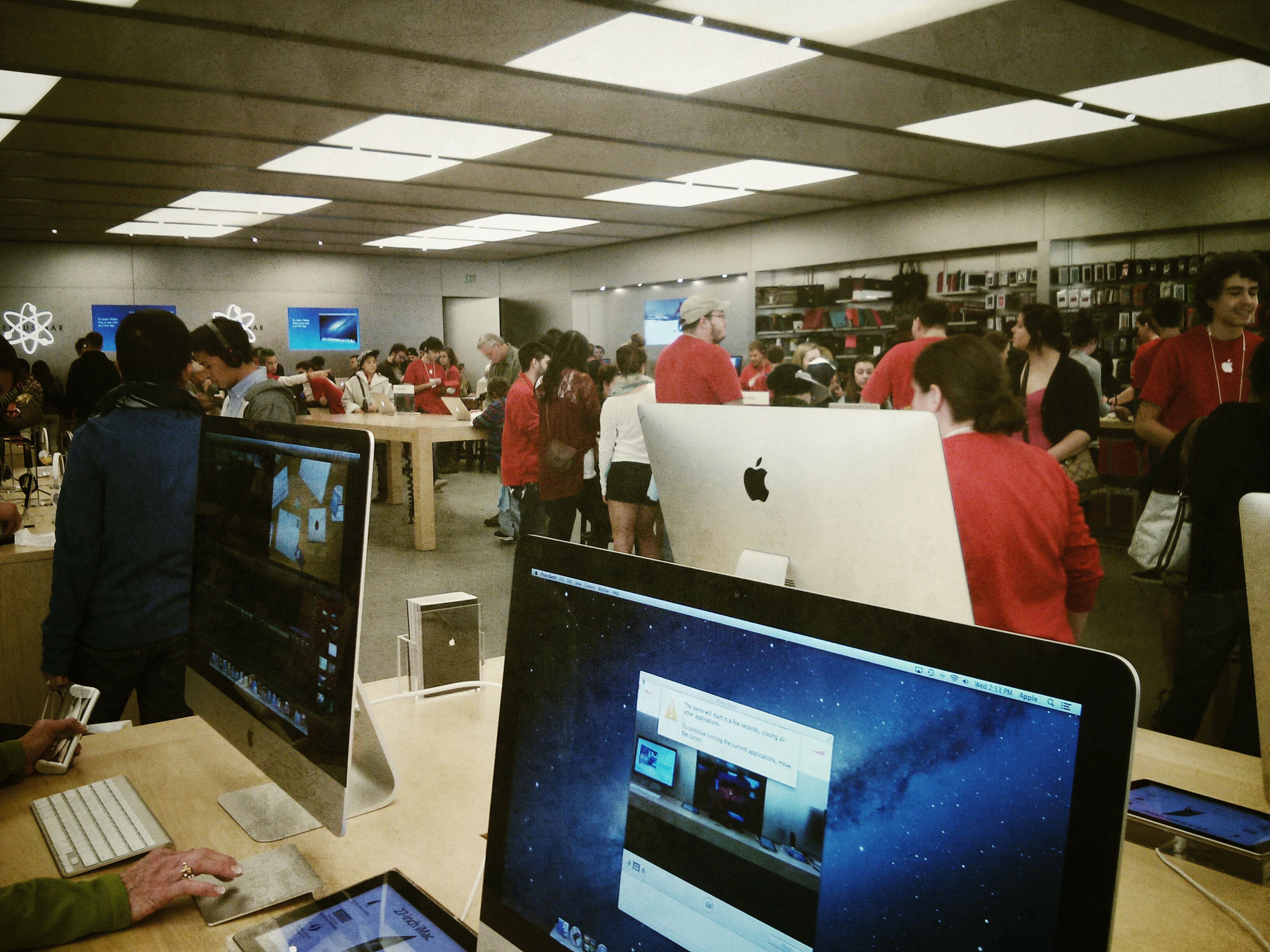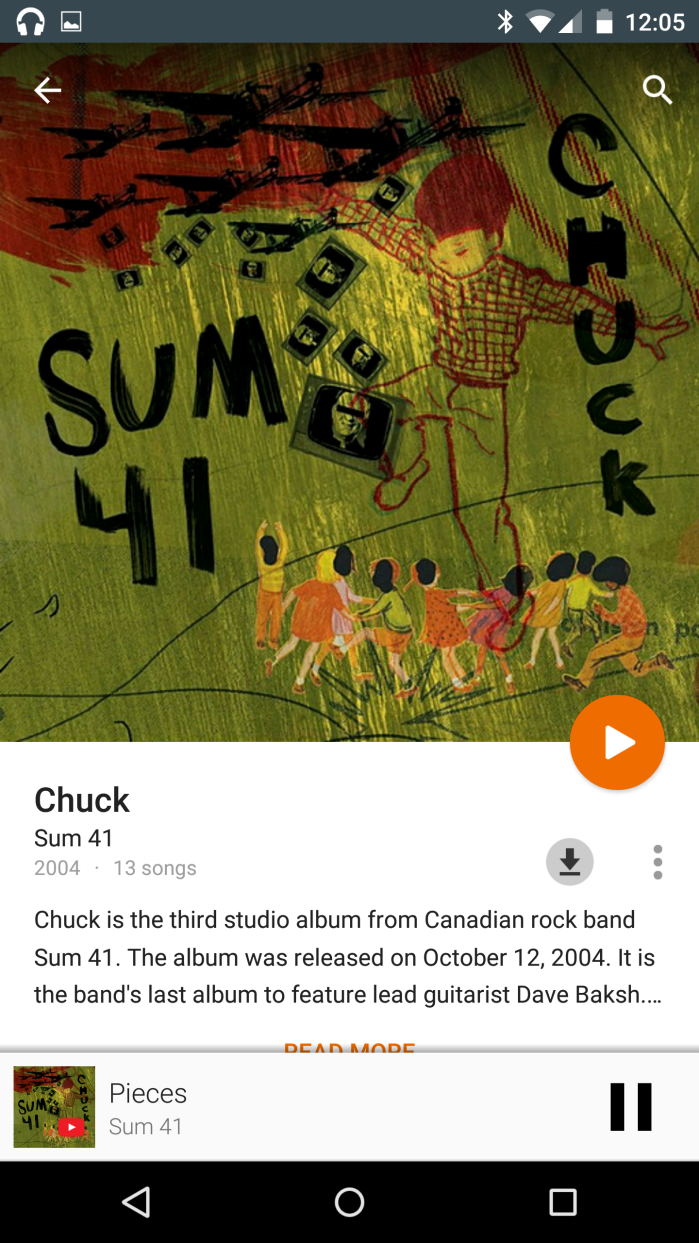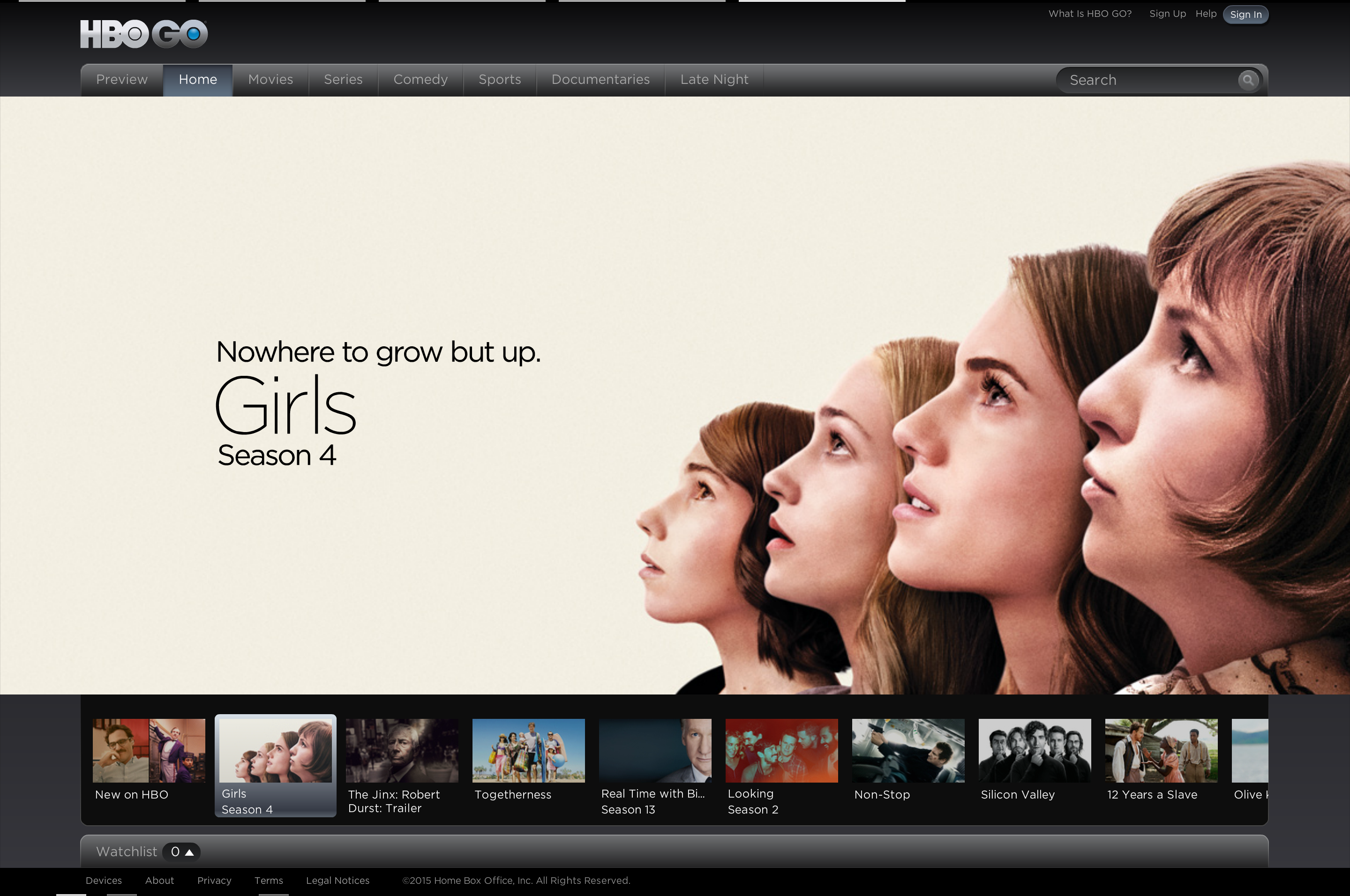Street smart best describes the photographic style of Chris Ford. From Appleton, Wisc., he now lives in New York City, which is principal location for his atmospheric art. Composition is his talent, by which he creates sense of presence—being there—whether it’s the Big Apple or his fantastic travel photography.
Among the 37 Flickr photostreams viewed to date, Chris’ is by far the most difficult to cull. The challenge is greater than the images; he generally tells a story behind each, providing historical or current context. The guy just kills me—and causes me to also hunger for the City, where I hope to one day live again.










